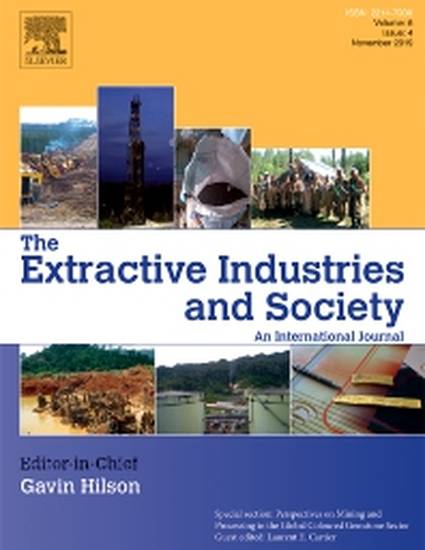
Article
The Political Economy of Technology Adoption: The Case of Saharan Salt Mining
The Extractive Industries and Society
(2015)
Abstract
Innovation is an important driver of economic growth and competitive advantage. A diverse literature in economics and management addresses a variety of questions about how to manage associated technological change. This paper explores the “opposite” question: Namely, what explains the absence of change? We apply existing theories of non-adoption to our case study, salt mining in the Sahara Desert, in order to generate new insights into barriers to technology adoption. We find that political organization establishes an environment for the formation of higher-order economic organizations, which in turn affect the direction and rate of technology adoption. Our setting seems exotic, but traditional methods of production persist in myriad impoverished settings, including those containing widespread artisanal and small-scale mining (ASM) activity. The study thus sheds light on the role of institutions in economic growth.
Keywords
- Salt mining,
- Artisanal and small-scale mining (ASM),
- Sub-Saharan Africa,
- Political institutions,
- Institutions and economic development
Disciplines
Publication Date
April, 2015
DOI
10.1016/j.exis.2015.01.012
Citation Information
Jennifer W. Kuan, Seraphima Rombe-Shulman and Ekundayo Shittu. "The Political Economy of Technology Adoption: The Case of Saharan Salt Mining" The Extractive Industries and Society Vol. 2 Iss. 2 (2015) p. 328 - 338 Available at: http://works.bepress.com/jennifer-kuan/1/
